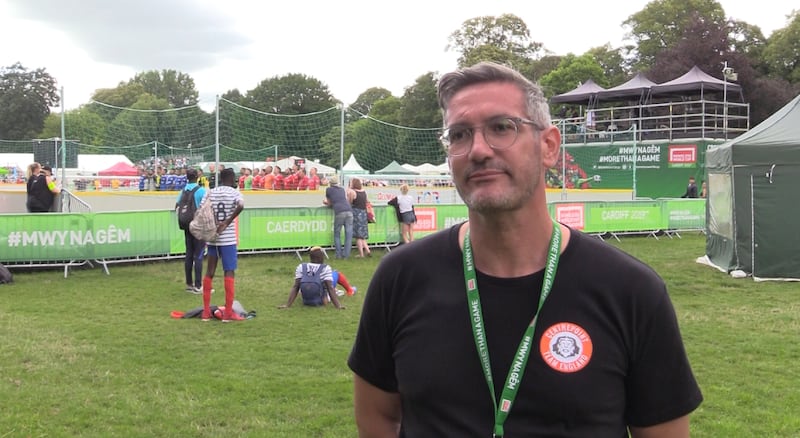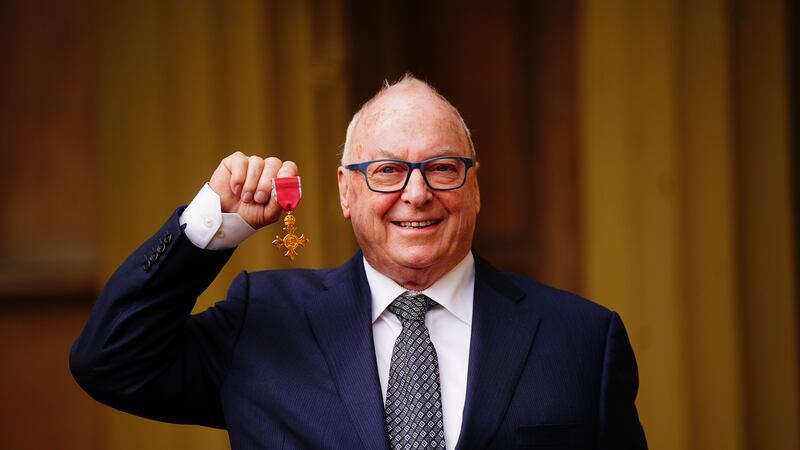From homeless to England manager in a matter of years, Craig McManus’s attitude and experience epitomise the Homeless World Cup, this year taking place in Cardiff.
McManus, 43, is in charge of the England men’s team at the 2019 competition in Wales this week, but in 2016 was appearing for Scotland as captain in his home city of Glasgow.

McManus had experienced an “inconsistent relationship with drugs and alcohol for maybe a couple of decades,” and after the death of his father in 2015 said his life “went downhill extremely quickly”.
At that point he realised he had come to a crossroads.
“I had to make a decision about what my life was going to be like,” McManus told PA. “It was either ‘go down the life of addiction’ or I had an opportunity to do something different.
“I connected with an organisation called Street Soccer Scotland and went along for football practice on a weekly basis. I got invited to the trials and I was really fortunate to become the captain of that team, in Glasgow, which was probably one of the proudest moments of my life.
“I remember playing England in the last game, and before the game thinking that my life doesn’t need to be the way it has been. The Homeless World Cup gave me a belief in myself, some faith in myself.”
After the 2016 tournament McManus began volunteering at Team England, a programme at UK youth homelessness charity Centrepoint, which uses football to help transform young people’s lives.
Having since risen to manager of the men’s team, McManus’s job is not to get this England team to win games, but to focus on encouraging teamwork, resilience and self-awareness among other traits.

“I think fundamentally what most of our players experience at some point is that isolation and loneliness, and maybe a lack of purpose,” said McManus.
“Being part of Team England, as well as this tournament, allows them to grow, create positive relationships and be part of something bigger than themselves.
“Not a lot of football managers would say the result doesn’t matter. The most important thing about how we go about our business is the performance and how we respond to situations.”
One of McManus’s players is Thomas, 18, from London. An outfielder who has stepped in as goalkeeper at short notice, Thomas was embodying the spirit of the competition before a ball had been kicked.

Having spent part of his childhood in care, Thomas said he was “just a troublemaker really” adding “in secondary school I was having a bit of trouble emotionally”.
He continued: “Centrepoint came to me and said I could be in supported housing, so I’ve got my own studio flat and it prepares me to get my own flat in the future.
“When I first arrived at Centrepoint I didn’t know how to cook or manage money. I wasn’t really independent, and now I can manage money, cook, clean my clothes. They (Centrepoint) help you get ready for the next stage in life, basically.”
Now in training as a coach, Thomas said that he has found other players’ stories “really interesting” while McManus noted that the tournament is a good chance for players to reflect on their own journey.
“In this group a lot of young people have been Centrepoint hostel residents, and they have that in common, but there’s a lot of variance in terms of where people are in their journey.
“It can inspire others, and obviously with certain individuals allows them to reflect on what they’ve achieved over the last year.”








